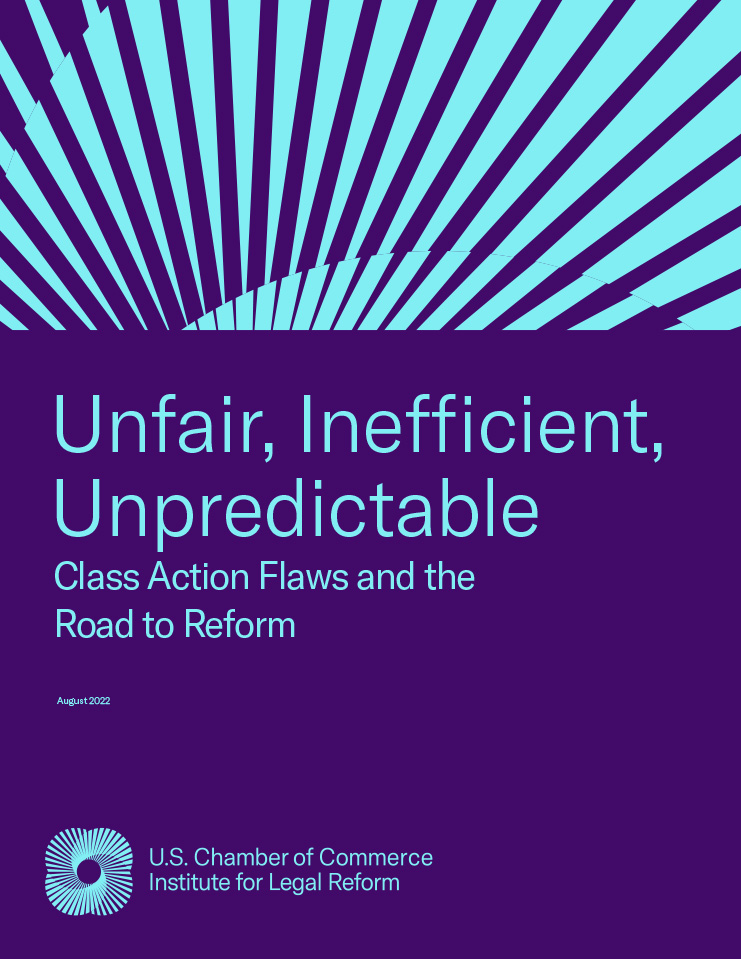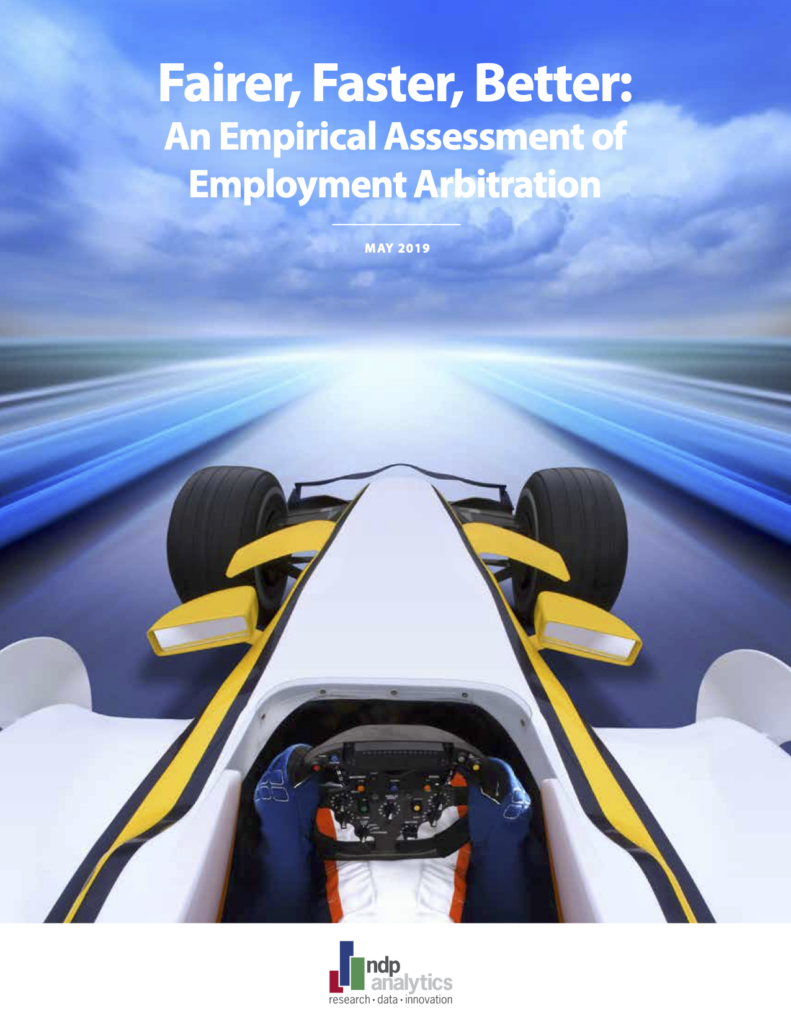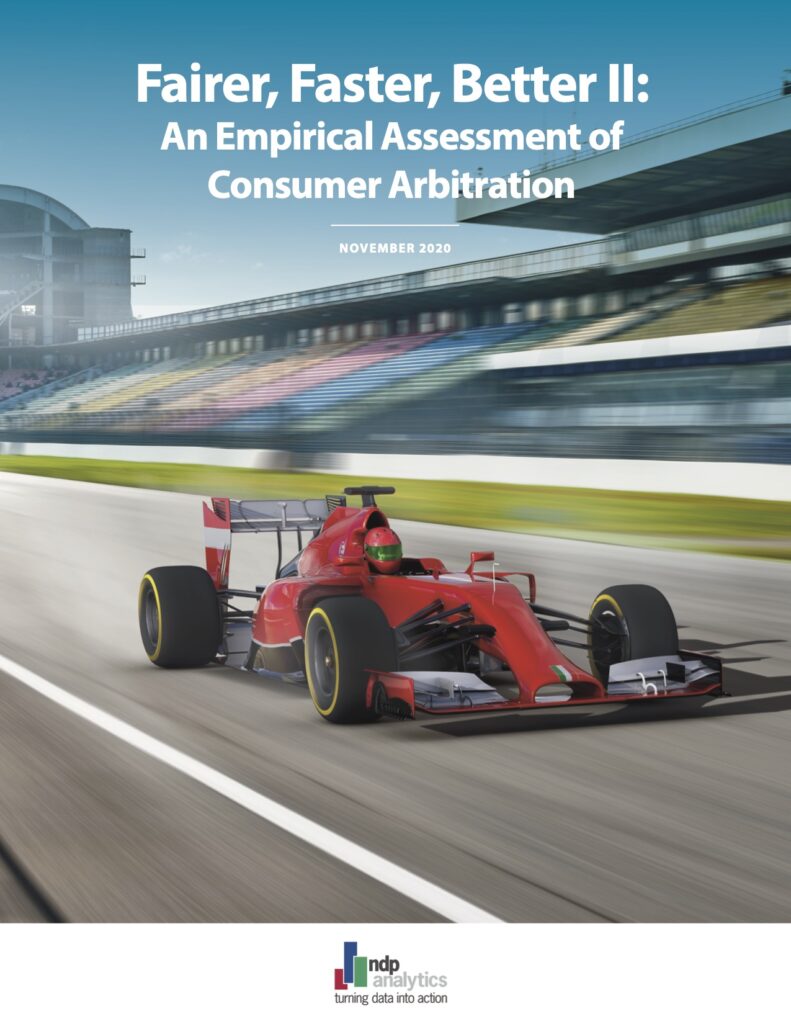Resolving disputes through arbitration, rather than litigation, benefits consumers, employees, and businesses–the only ones that do not benefit from arbitration are plaintiffs’ lawyers. Confronted with a U.S. Supreme Court that has consistently upheld the right to individualized arbitrations, the plaintiffs’ bar is attempting to undermine arbitration by repurposing their class action playbook through abusive “mass arbitrations.”
Here’s how it works:
- mass-arbitration plaintiffs’ lawyers simultaneously file thousands of largely identical arbitration demands;
- the filings trigger massive up-front costs in the form of arbitration fees (because arbitration agreements routinely require businesses to pay most or all arbitral fees); then
- even if the claims are meritless, or completely frivolous, the business is either pressured to settle, abandon arbitration altogether, or pay that huge fee simply to have the chance to defend itself.
And that sunk cost cannot be recovered even if the business wins every single arbitration. These mass arbitration attacks—or more commonly, threats by plaintiffs’ lawyers to initiate abusive mass arbitrations—have skyrocketed in recent years.
This paper contends that mass arbitrations are the 21st-century equivalent of the abusive class actions that characterized the last part of the 20th century—claims that are brought solely for the purpose of extracting a settlement unrelated to the merits by leveraging the threat of huge costs. For class actions, it was gigantic litigation defense costs and the threat of draconian liability. For abusive mass arbitrations, it is the immediate obligation to pay tens or hundreds of millions of dollars in unrecoverable arbitration fees.
Our paper documents the problem, notes ineffective responses from courts and major arbitration providers, and then offers solutions. Among those solutions, we discuss how:
- a version of the bellwether process commonly used in multidistrict litigation should be applied to resolve mass arbitrations fairly and efficiently for all involved;
- arbitration providers should change their rules and fee structures to diminish the incentives for filing abusive mass arbitrations and reduce the unfair leverage that mass-arbitration plaintiffs’ lawyers currently wield against defendants; and
- state bar associations should investigate potential ethical violations that mass arbitrations as currently practiced may entail.



